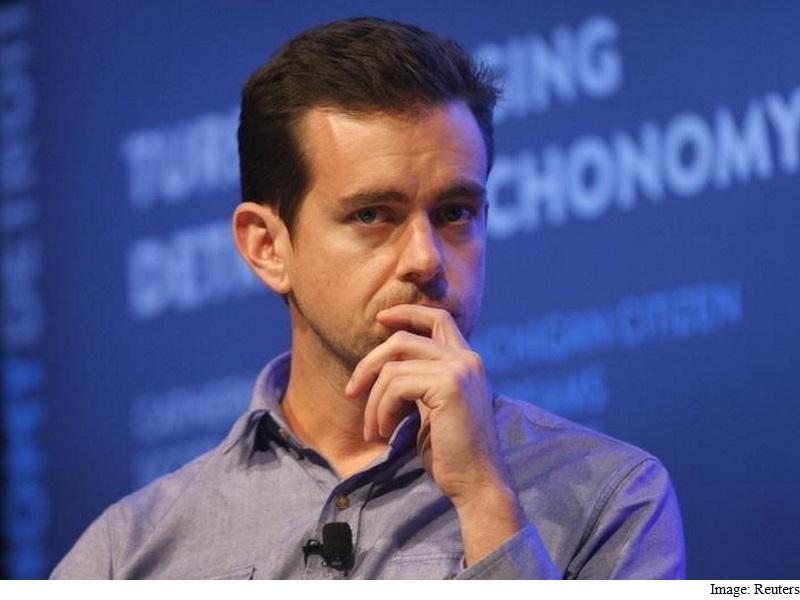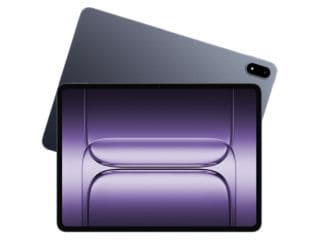- Home
- Social networking
- Social networking Features
- A Long Climb Back, and a Mountainous Task Ahead
A Long Climb Back, and a Mountainous Task Ahead

It was just before the 2008 presidential election, and Dorsey was the chief executive of Twitter, then a fledgling startup with a couple of dozen employees that was in disarray, replete with hourly server crashes and mismanaged employees.
The board was not happy with his leadership. Sitting with an untouched bowl of yogurt and granola that morning, Dorsey was fired from the social network he had helped invent in 2006.
Since then, Dorsey has been politicking and striving to take back the helm of Twitter. On Monday, he finally achieved that goal, returning as permanent chief executive of the San Francisco-based company almost seven years after he was ousted from the position.
That may prove to be the easy part.
While Twitter has gone public and grown considerably since Dorsey left in 2008 - it now has 4,100 employees and offices in more than 35 countries - the company finds itself, nearing the 2016 presidential election, in a new state of disarray.
The board is fragmented, made up of former chiefs of Twitter - one of whom announced his departure on Monday - and others who rarely seem to use the service they govern. For years, the company has had a revolving door for executives, some who left voluntarily, while many were pushed out in power struggles. Employee morale is precarious.
Twitter, as a product, has also barely changed since Dorsey left and returned, which has contributed to the company's major challenges. Twitter's 316 million active users pale in comparison to Facebook's 1.5 billion, and even Instagram's 400 million, and user growth has flatlined. The company's value has plunged from almost $40 billion (roughly Rs. 2,61,564 crores) shortly after its initial public offering in November 2013 to a low of $16.5 billion (roughly Rs. 1,07,895 crores) this August. It remains at less than $20 billion (roughly Rs. 1,30,782 crores) now.
Twitter is not growing as fast as it could, the angel investor Ron Conway once told me, because the company doesn't think big enough. "Twitter could be the next Google if it wanted to be," he said.
Now all of these problems are Dorsey's to fix.
"User growth is ultimately not going to be the biggest challenge; engaged users is what the company really needs," said Brian Blau, a research director at Gartner who covers social media. "And ultimately they have to be engaged users that want to spend money with their advertisers."
If Dorsey pulls off a turnaround, he may also be able to repair his own image, which has taken some hits over the years. He was once criticized for emulating Steve Jobs, who was ejected from Apple, the company Jobs co-founded. And Dorsey came under fire for taking sole credit for the creation of Twitter, even though several people contributed to its origin.
Dorsey has some advantages in taking over Twitter now, even with the company's problems. He has grown to become an expert at boardroom politics, for example - he was executive chairman of both Twitter and Square until Monday's announcement, when he stepped down from that role at Twitter, and was able to convince both boards to let him run both companies. He is also a board member at Disney. He has shown he can be an effective chief executive, taking Square to a valuation of several billion dollars and the company to the verge of a public offering. And with all of these jobs - he is also an adviser to several startups - he is now a multibillionaire.
Twitter also has colossal strengths. The service has become the zeitgeist of a million moments, where the pope, presidential candidates, celebrities, the rich, the poor and the disadvantaged all gather in the same room to talk about live events, and to make history.
A former adviser to Twitter, who is close to the board, recently told me that in many respects, Dorsey's becoming chief executive will be the true test of whether the social network can become more mainstream (as its board hopes) and more profitable (as its investors expect).
That's because Dorsey has, at least for now, the support of a board that is trying hard to turn around the company. Dorsey also has the power of being a co-founder. That may give him a freer hand in choices about the product, without anyone else meddling in his decisions.
That has never been true for any of Twitter's previous chief executives. Last decade when he led Twitter, Dorsey found himself constantly at odds with Evan Williams, another co-founder, who owned the majority of Twitter.
A freer hand has been tough to gain for many of Twitter's previous chief executives. In late 2012, when I profiled Dick Costolo, then chief of Twitter, I heard repeated stories about the struggles Costolo endured trying to run the company in Dorsey's shadow.
In one story, Costolo took a taxi in San Francisco and asked the driver to take him to Twitter's offices on Market Street. The driver asked Costolo what he did for a living and Costolo replied that he was the chief executive of Twitter.
"No way!" the driver said as he turned around excitedly. "You're Jack Dorsey?"
After seven years, that is no longer a question. What does remain unanswered is whether Dorsey will be able to save the company he spent the past decade fighting to control.
© 2015 New York Times News Service
For the latest tech news and reviews, follow Gadgets 360 on X, Facebook, WhatsApp, Threads and Google News. For the latest videos on gadgets and tech, subscribe to our YouTube channel. If you want to know everything about top influencers, follow our in-house Who'sThat360 on Instagram and YouTube.
Related Stories
- Samsung Galaxy Unpacked 2025
- ChatGPT
- Redmi Note 14 Pro+
- iPhone 16
- Apple Vision Pro
- Oneplus 12
- OnePlus Nord CE 3 Lite 5G
- iPhone 13
- Xiaomi 14 Pro
- Oppo Find N3
- Tecno Spark Go (2023)
- Realme V30
- Best Phones Under 25000
- Samsung Galaxy S24 Series
- Cryptocurrency
- iQoo 12
- Samsung Galaxy S24 Ultra
- Giottus
- Samsung Galaxy Z Flip 5
- Apple 'Scary Fast'
- Housefull 5
- GoPro Hero 12 Black Review
- Invincible Season 2
- JioGlass
- HD Ready TV
- Laptop Under 50000
- Smartwatch Under 10000
- Latest Mobile Phones
- Compare Phones
- Vivo Y300 GT
- Samsung Galaxy F56 5G
- Realme C75 5G
- Lava Yuva Star 2
- Vivo Y19 5G
- iQOO Z10 Turbo Pro
- iQOO Z10 Turbo
- CMF by Nothing Phone 2 Pro
- Alienware 16X Aurora
- Alienware 16 Aurora
- Amazon Amazon Kindle Paperwhite (12th Gen)
- Lenovo Legion Y700 4th Gen
- boAt Storm Infinity Plus
- Moto Watch Fit
- Xiaomi QLED TV FX Pro (55-inch)
- Xiaomi QLED TV FX Pro
- Asus ROG Ally
- Nintendo Switch Lite
- Toshiba 1.8 Ton 5 Star Inverter Split AC (RAS-24TKCV5G-INZ / RAS-24TACV5G-INZ)
- Toshiba 1.5 Ton 5 Star Inverter Split AC (RAS-18PKCV2G-IN / RAS-18PACV2G-IN)

















